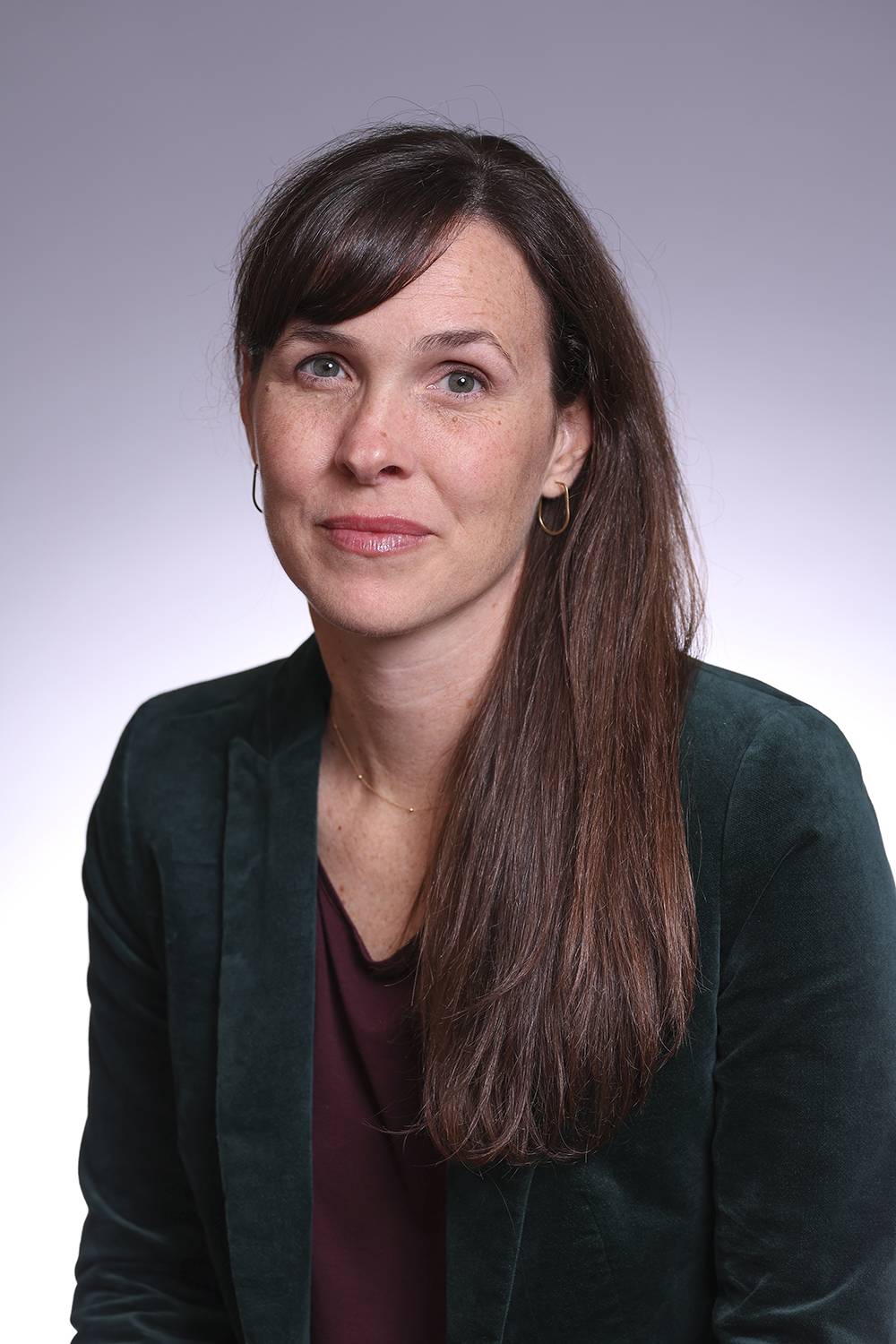Experts
Aubra Anthony

Nonresident Scholar, Technology and International Affairs Program
About
Aubra Anthony is a nonresident scholar in the Technology and International Affairs Program at Carnegie, where she researches the human impacts of digital technology, specifically in emerging markets. Aubra works to better understand how the global development and adoption of technology can be made more inclusive, rights-respecting, and secure.
Prior to joining Carnegie, Aubra worked at the U.S. Agency for International Development. As strategy and research lead in the Innovation, Technology, and Research Hub at USAID, Aubra led a team of PhD researchers to investigate influential trends in digital development and responsible use of emerging technologies. Aubra led the development of the agency’s first-ever Digital Strategy, reflecting inputs and engagement from over 100 colleagues across more than nineteen independent D.C.-based offices and 25 USAID missions worldwide. Aubra also led research and published findings on responsible use of artificial intelligence (AI) and machine learning in international development and humanitarian assistance, subsequently leading the translation of this research into USAID’s first-ever AI Action Plan, launched by Administrator Samantha Power in May 2022.
Aubra has been invited to speak and write on issues of inclusion and ethics in the context of AI and other emerging technologies in international development at various domestic and international fora (Columbia SIPA, World Bank, Berkeley CEGA, UN AI for Global Good Summit, SXSW EDU, Georgetown Law, and others). Before departing USAID, she chaired the International Development Innovation Alliance’s Emerging Technology Working Group and currently serves on the AI for the Planet Advisory Board as well as the Expert Advisory Committee for the Global Index on Responsible AI. As a AAAS science and technology policy fellow with USAID’s Global Development Lab, Aubra served as the technical lead for the agency on the Data Revolution and the Global Partnership for Sustainable Development Data. Before joining the federal government, Aubra was a Hatfield Scholar with the Center for Democracy and Technology, researching domestic privacy threats posed by technologically enhanced approaches to surveillance coupled with outdated telecommunications surveillance policy.
Aubra received her PhD in physics from the University of Texas at Austin, working with a Nobel-prize-winning international neutrino physics experiment. As a postdoctoral researcher with the University of Colorado, she served as data analysis coordinator on an international observational cosmology collaboration before turning to technology policy as a research affiliate with the Center for Science and Technology Policy Research.
Affiliations
Areas of Expertise
Education
PhD, Physics, University of Texas at Austin, BS, Physics, University of Texas at Austin, BA, French and Astronomy, University of Texas at Austin
Languages
English, French